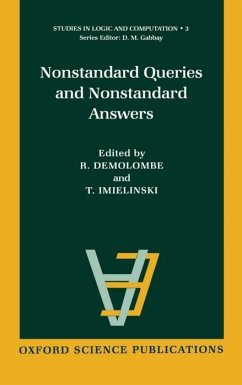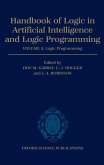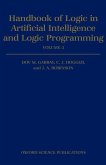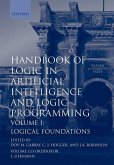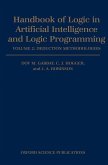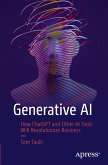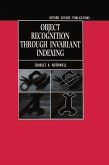The book is organized into 10 chapters which cover the areas of cooperative query answering (in the first three chapters), metareasoning and abductive reasoning (chapters 5 to 7), and, finally, hypothetical and subjunctive reasoning (last three chapters).
Future data and knowledge base systems will require new and improved functions such as richer data modeling capabilities, more powerful query languages, and new conceptions of query answers. Future query languages will need to include hypothetical, abductive, meta-, and modal reasoning, involving both knowledge and belief. And intentional answers will ultimately lead to cooperative query answering which takes into consideration a user's expectations. This book explores the formalization of new queries and answers, and emphasizes the important role of non-classical logic. It shows how logic permits precise definitions for concepts like cooperative answers, subjective queries, and reliable sources of information. The work also gives a precise framework for reasoning about such complex concepts. Topics include cooperative query answering, metareasoning and abductive reasoning, and hypothetical and subjunctive reasoning. Students and researchers in database computing and artificial intelligence will want to read this book.
Future data and knowledge base systems will require new and improved functions such as richer data modeling capabilities, more powerful query languages, and new conceptions of query answers. Future query languages will need to include hypothetical, abductive, meta-, and modal reasoning, involving both knowledge and belief. And intentional answers will ultimately lead to cooperative query answering which takes into consideration a user's expectations. This book explores the formalization of new queries and answers, and emphasizes the important role of non-classical logic. It shows how logic permits precise definitions for concepts like cooperative answers, subjective queries, and reliable sources of information. The work also gives a precise framework for reasoning about such complex concepts. Topics include cooperative query answering, metareasoning and abductive reasoning, and hypothetical and subjunctive reasoning. Students and researchers in database computing and artificial intelligence will want to read this book.
